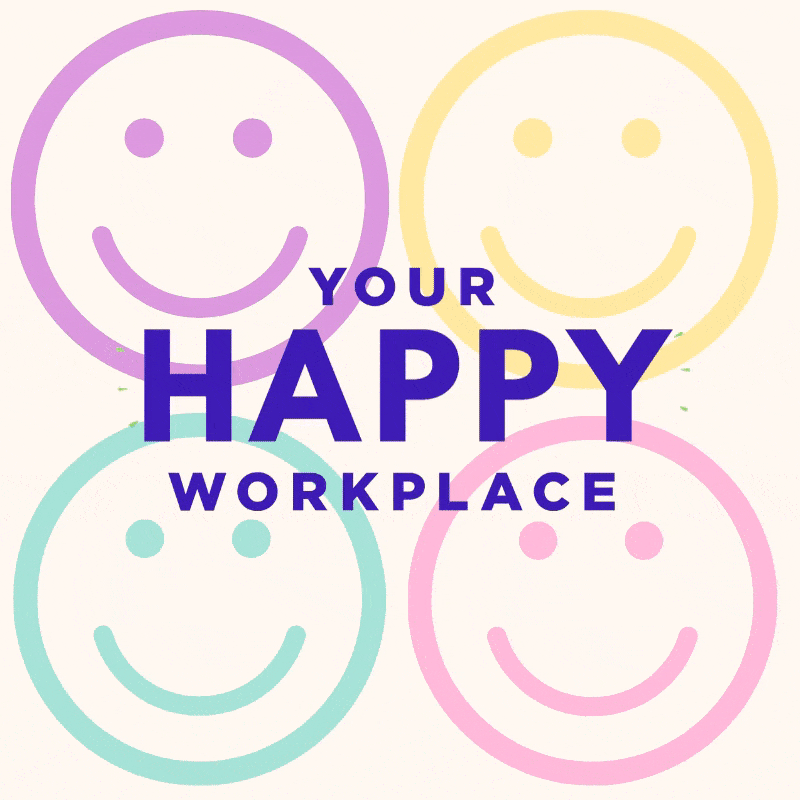Rhode Island Just Changed the Rules for Menopause at Work
Rhode Island became the first state to legally protect women experiencing menopause at work.
INSIDE THIS ISSUE
Why this changes everything for working women nationwide
The symptoms that are now legally protected (finally!)
What reasonable accommodations actually look like in practice
When Your Body Becomes Your Workplace Advocate
Here's the thing—Rhode Island's groundbreaking legislation officially recognizes what we've been living through in complete silence. Menopause isn't just a personal health issue that you whisper about in bathroom stalls... it's a workforce crisis that's been hiding in plain sight.
Senator Lori Urso and Representative Karen Alzate just said what needed to be said: "Women should not have to risk being penalized or discriminated against at their job due to a naturally occurring phenomenon that they have no control over."
You know the scenario. Hot flashes during board meetings when the conference room thermostat decided to cosplay as a furnace. Brain fog that shows up right before your biggest presentation, making you forget your own company's name. Night sweats disrupting sleep before crucial deadlines. Heart palpitations during salary negotiations. The anxiety that creeps in when you realize your body is writing checks your professional reputation can't cash.
The relief when I tell my patients this isn't in their heads? Transformative.
Now it's law. Menopause symptoms—hot flashes, insomnia, night sweats, migraines, anxiety, brain fog, and all the rest—are officially protected conditions requiring reasonable workplace accommodations. Just like pregnancy protections that already exist.
The Reality Check We All Needed
What's crystal clear from all our stories is that this affects everyone. Here's what the numbers actually tell us:
3 to 7 years of symptoms hitting right when most of us are at peak career potential
1 in 4 women avoided pursuing leadership positions because of menopause symptoms
2 in 5 women considered finding new jobs entirely
$1.8 billion in lost productivity annually (Mayo Clinic) - but here's what they missed: that's not just company losses, that's our lost advancement and income
70% of workplaces had zero formal menopause policies before this
36% of employees had no idea if any resources existed to help them
Same story, different woman, until now.
We've been white-knuckling our way through this transition with nothing but willpower and extra deodorant.
What This Actually Means for You
Reasonable accommodations. Temperature control options. Flexible scheduling when insomnia decides to host its own personal rave in your brain at 3 AM. Access to restrooms and breaks when your body sends urgent notifications. The ability to discuss what you're experiencing without fear of being passed over for promotion or quietly shuffled toward the exit.
This is about dignity. Respect. The radical idea that natural biological processes shouldn't derail professional trajectories.
Rhode Island just became the blueprint. Other states are watching. Employers are taking notes.
Share this with every working woman you know. Because when one state leads, others follow. And when we protect each other, we all rise.






